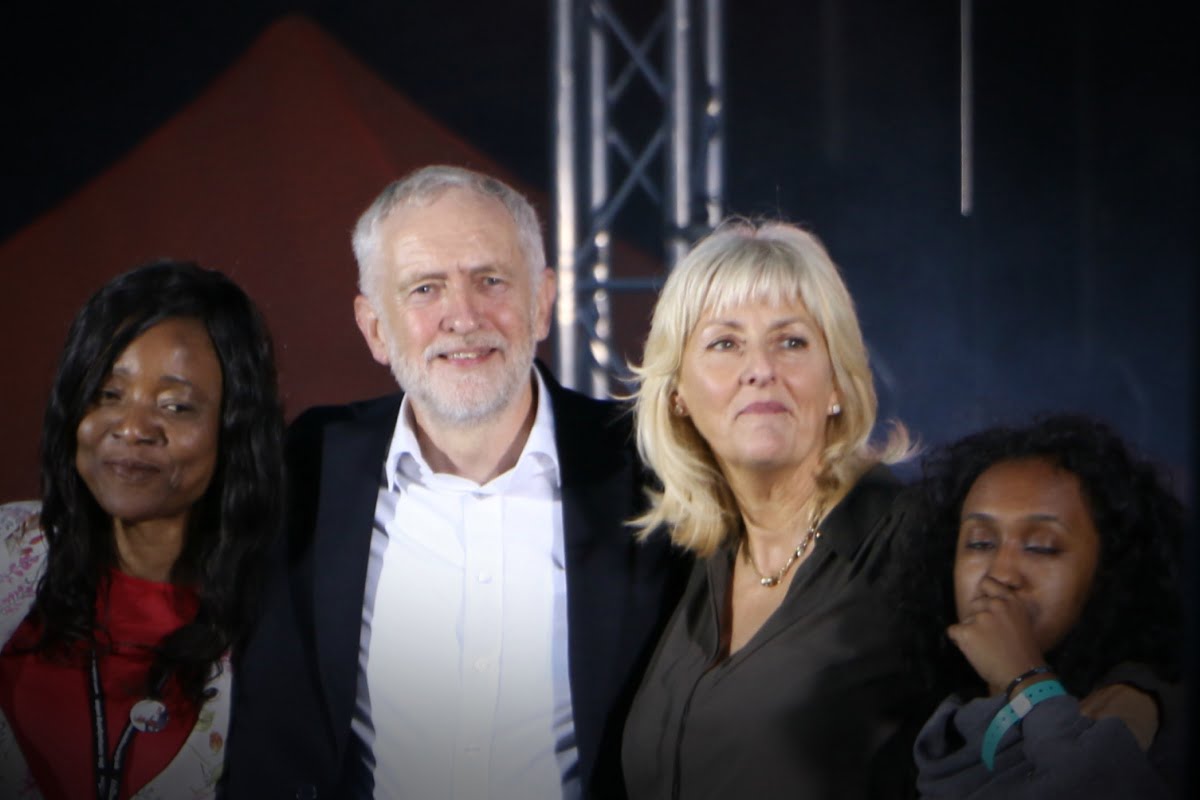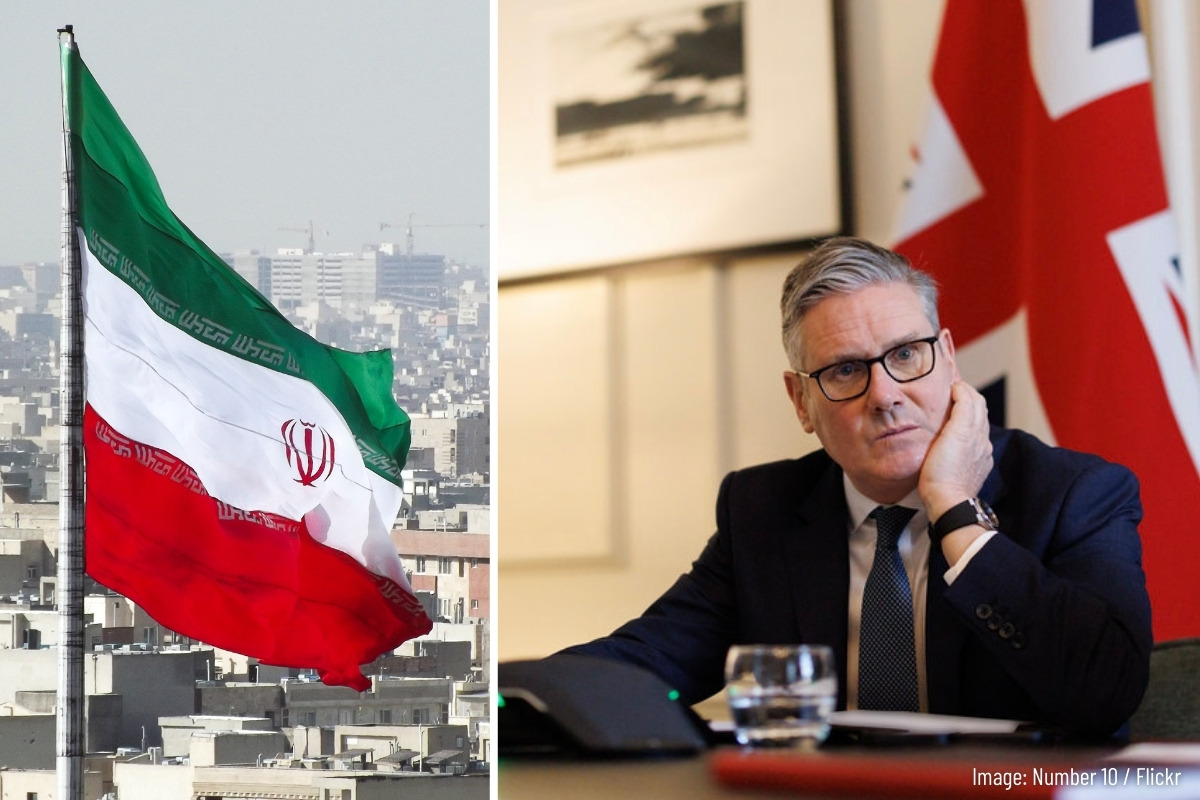As Jennie Formby and Jon Lansman compete to replace Iain McNicol, the Labour right wing has been left licking its wounds. All attention now, Adam Booth writes, must be on democratising the party and fighting for a socialist Labour government.
Few tears were shed when Iain McNicol, Labour’s general secretary since 2011, announced his resignation a few weeks ago, on 23rd February.
Amongst Corbyn supporters and grassroots activists, McNicol was rightly loathed. He was the embodiment of the Blairite bureaucracy: the architect of the #LabourPurge; chief villain during the 2016 Labour leadership elections, responsible for blocking 130,000 new members from voting; and a saboteur of the Party’s 2017 general election campaign, withholding funds from left-wing candidates in winnable marginals.
McNicol’s removal, therefore, marks another key victory for the Corbyn movement. Most importantly, the fact that his successor will almost certainly be a Corbyn supporter shows how far we – the Left – have come in reclaiming the Labour Party at all levels over the past year.
Left in control
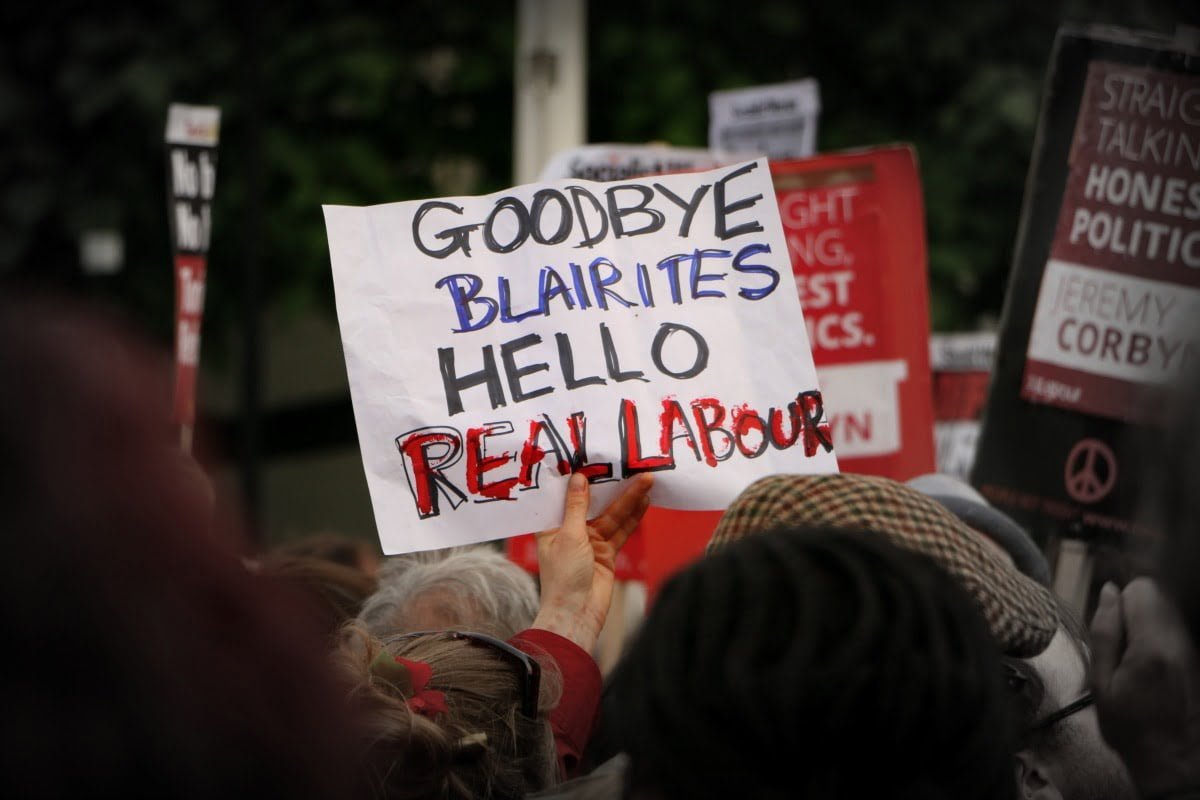 From the hundreds of Momentum-backed delegates at the last Labour annual conference, to the clean-sweep for the Left in the recent elections of three new National Executive Committee (NEC) members: it is clear that the Labour right wing is on the back foot, whilst Corbyn and his supporters are advancing.
From the hundreds of Momentum-backed delegates at the last Labour annual conference, to the clean-sweep for the Left in the recent elections of three new National Executive Committee (NEC) members: it is clear that the Labour right wing is on the back foot, whilst Corbyn and his supporters are advancing.
Much of the mainstream media is now focussed on the apparent “tensions” and “strife” that have emerged in the race to replace McNicol, as candidates from the Corbyn movement’s two major players – Unite the Union and Momentum – battle to become the next general secretary.
But this salivating amongst the establishment press about the prospect of a civil war within the Corbyn camp misses the more fundamental point: whoever wins and becomes the new boss at Labour HQ, it is the Blairites who are losing the wider war for control of the Party.
In this respect, much of the talk surrounding the differences between the two main candidates is exaggerated for dramatic effect. Both Jennie Formby of Unite and Jon Lansman of Momentum will be a vast improvement on what has come before. And both will look to reshape and rebalance the Labour Party – the largest political party in Europe – in favour of its almost 600,000-strong membership.
What this change might look like exactly, however, is difficult to judge. Beyond vague promises to democratise the party, neither candidate provides much concrete detail in their official opening statements.
For an elected GS
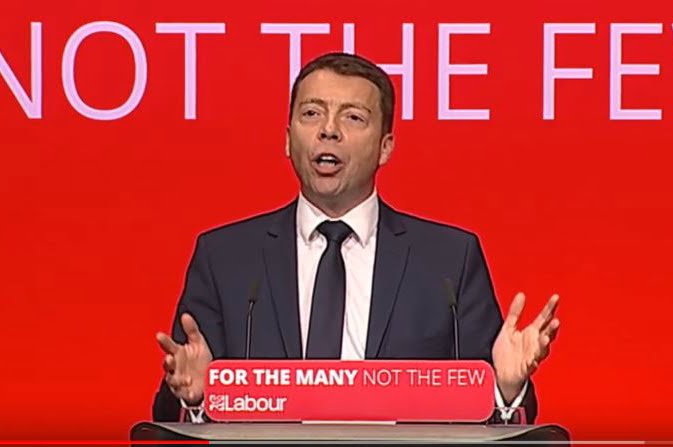 The post of general secretary has widely been described as a purely administrative one. But McNicol’s actions – attempting to utilise the full force of the Party machinery against the membership – demonstrated that the position is clearly political.
The post of general secretary has widely been described as a purely administrative one. But McNicol’s actions – attempting to utilise the full force of the Party machinery against the membership – demonstrated that the position is clearly political.
In this respect, the position of Labour GS should be an elected one. Currently it is down to the NEC to select the Party general secretary. And with the NEC itself currently dominated the Left, it is certain to be either Formby or Lansman who will succeed McNicol. (Thankfully, the process by which the new general secretary is selected ensures that there is no chance of multiple left candidates “splitting the vote”.)
As it stands, however, the Labour general secretary holds enormous – and relatively unaccountable – amounts of power in their hands. All the full time staff and local paid organisers report to the GS, not to the elected party leader. The resources of the party (financial and human) are under their control. And when Labour enters government and Corbyn enters Downing Street, it will be the general secretary who must oversee Labour’s most powerful weapon: its mass membership of energised activists.
For these reasons, and more, the Labour Party general secretary should be elected by – and accountable to – the members. Furthermore, this would encourage candidates to run on an openly political programme, outlining the policies and changes that they would push for as GS. This, in turn, would allow the rank-and-file to choose a party chief who offers the vision they want to see.
The candidates
 So far, neither of the current front-runners have offered up much in the way of demands or programme.
So far, neither of the current front-runners have offered up much in the way of demands or programme.
Formby – previously the national political officer for Unite, and now the south-east regional secretary for the union – is widely considered the favourite. She has already gained the backing of key figures such as John McDonnell, and has seven years of NEC experience behind her.
Importantly, the Unite officer has a good track record on key issues. For example, as an NEC member at the time of the two leadership elections, Formby was vocal in her opposition to the expulsion of socialists from the Party. She also made a firm stand against the attempt to disenfranchise tens of thousands of new members.
If Formby is chosen as McNicol’s successor, it should be for these reasons, and not because of her gender, her backing from Britain’s biggest union, or the blessings of various power-brokers and influencers.
Lansman’s democratic credentials, meanwhile, are a bit more dubious. On the one hand, he correctly calls for the general secretary position to be elected by the membership in the future. On the other hand, as the self-appointed head of Momentum, Lansman himself has never been elected. Nor did any of Momentum’s 35,000-or-so members have any say in selecting Lansman to be the organisation’s official candidate in recent NEC elections.
Most notably, it was Lansman who led the charge in dissolving all of Momentum’s own internal democratic structures over a year ago, in a move that reduced grassroots members to being nothing more than passive recipients of top-down instructions and messages. Such bureaucratic methods raise questions over the sincerity of his promises to democratise the Labour Party.
For democracy – for socialism!
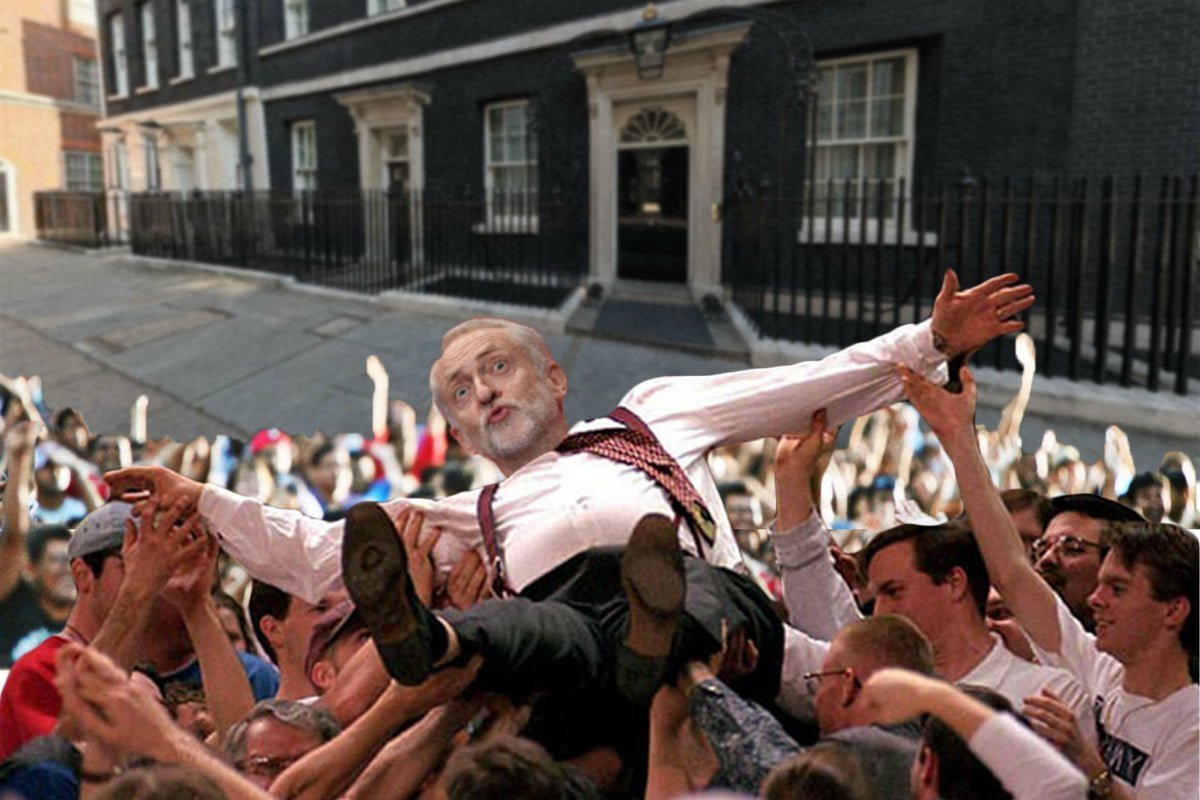 Whoever wins, the task ahead is clear. A democratic review of Labour’s structures and processes is already underway. The next GS must ensure that this addresses vital questions that are currently marked by their absence.
Whoever wins, the task ahead is clear. A democratic review of Labour’s structures and processes is already underway. The next GS must ensure that this addresses vital questions that are currently marked by their absence.
Firstly, we need mandatory reselection of MPs and councillors. How can we talk of ‘democratisation’ if the membership has no control over its local representatives. We need class fighters who will stand firm and say no to austerity and war.
Secondly, we need an end to the purge and witch-hunt inside the party. The McCarthyite Compliance Unit must be replaced with a genuinely transparent and accountable body for handling disputes and allegations. And all those socialists spuriously expelled under the McNicol regime must be reinstated.
Finally, we need a general secretary who is an avowed and unashamed socialist, willing to utilise the Party’s powerful apparatus in defence of Corbyn and the membership, not against them.
A Corbyn government will face dangers, threats, and sabotage from day one. Only by mobilising and organising Labour’s mass membership around a bold socialist programme can we ensure that our transformative vision is carried through to the end.

